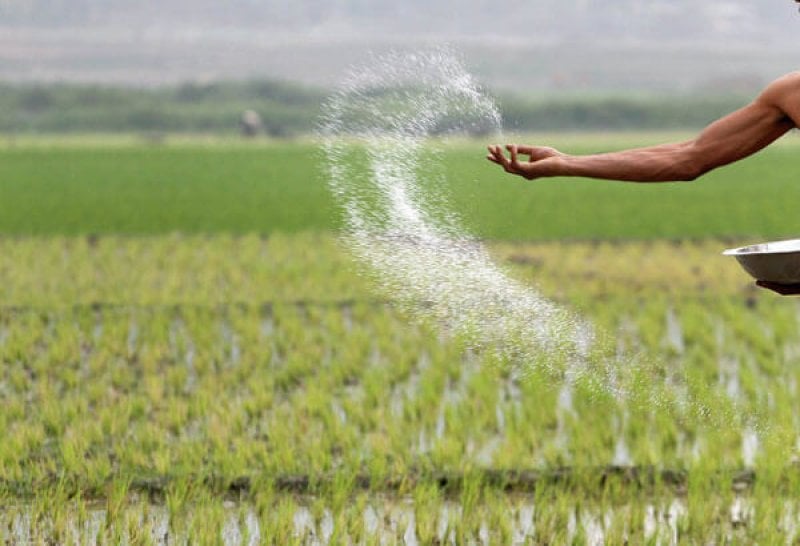Bioscientist Dr. Ted Cocking, from the Centre for Crop Nitrogen Fixation in the UK, was the first to unlock the potential of this unique bacterium – Gluconacetobacter diazotrophicus, or Gd for short.
Effective in the laboratory, Dr. Cocking’s ambition was always to get this technology out into the field.
In 2011, he paired up with entrepreneur Peter Blezard. Together they started a company called Azotic….
Mr. Blezard hopes Azotic will begin selling the ‘super bacteria’ in liquid and powder form, on the US commercial market from next spring.
“Currently we are focusing on corn and soya crop trials in the US and Europe, and rice trials in Vietnam, Thailand and the Philippines,” says Mr. Blezard.
“In Vietnam, we seeing up to 50% reductions in nitrogen fertilizer, combined with a 15% increase in rice yields.”
But not everyone is as convinced.
Microbiologist Dr. Tim Mauchline from the Rothamsted Research in the UK, doubts this technology can be replicated in all crop varieties, all over the world.
“The world is a big place with different climates, weather patterns, crops, and soil types,” he says.
“To think there’s one silver bullet that can solve all of these problems, this would be fantastic, but I will be surprised if it is the case.”
Read full, original post: Making food crops that feed themselves































